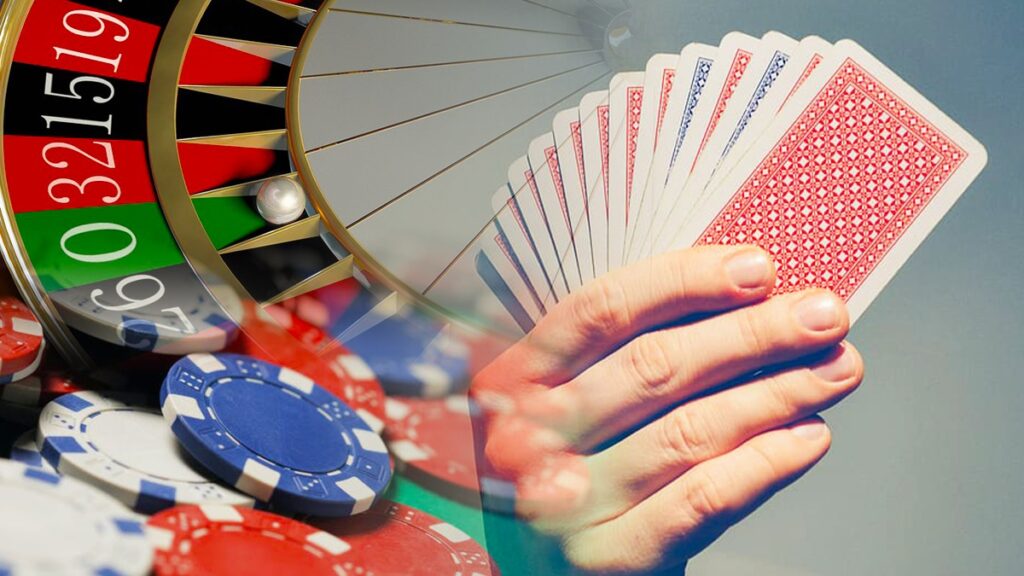Roulette is a popular casino game that has been played for centuries. Its origins can be traced back to 17th century France, where a primitive version of the game was first introduced. Over the years, roulette has evolved and transformed into the game we know today. Let’s take a closer look at the history and evolution of roulette.

The Early Days
The first roulette game was invented by French mathematician Blaise Pascal in the 17th century. The game was originally called “little wheel” and was played with a wheel that had 36 numbers and a single zero. The game quickly became popular in France and soon spread to other parts of Europe.
At first, roulette was played exclusively by the aristocracy in private clubs. However, as the game gained popularity, it began to be played in public casinos. The game’s popularity continued to grow throughout Europe, and eventually, it made its way to America.
The American Version
When roulette arrived in America, the game underwent some significant changes. The original version of the game had 36 numbers and a single zero, but the American version added an extra zero, bringing the total number of pockets on the wheel to 38. This change was made to increase the house edge and make the game more profitable for casinos.
The American version of roulette also introduced a new betting option: the “00” bet. This bet paid out at 35 to 1, just like a single number bet, but it had worse odds of winning due to the extra pocket on the wheel.
The Modern Era
In the 20th century, roulette continued to evolve and change. One major development was the introduction of electronic roulette machines, which allowed players to place bets and spin the wheel without a dealer present. This made the game more accessible to players and allowed for faster gameplay.
Another major development in modern roulette was the rise of online casinos. With the advent of the internet, players could now play roulette from the comfort of their own homes. Online casinos also introduced new variations of the game, such as multi-wheel roulette and live dealer roulette, which allowed players to play with real dealers via video stream.
The Future of Roulette
As technology continues to advance, it’s likely that roulette will continue to evolve and change. One potential development is the integration of virtual and augmented reality into the game. This could allow players to immerse themselves in a virtual casino environment and interact with the game in new and exciting ways.
Another possibility is the use of artificial intelligence to improve the game. AI could be used to analyze player behavior and betting patterns, allowing casinos to better tailor the game to their customers’ needs.
Roulette has come a long way since its humble beginnings in 17th century France. From its early days as a game played by the aristocracy to its current status as a popular casino game enjoyed by millions around the world, roulette has evolved and changed with the times. Whether it’s through the introduction of new technologies or the development of new variations of the game, roulette will undoubtedly continue to evolve and remain a popular game for generations to come.

